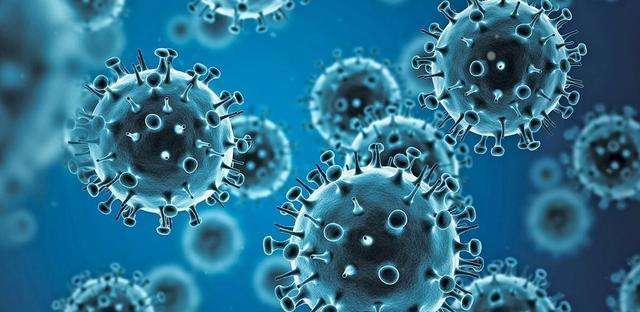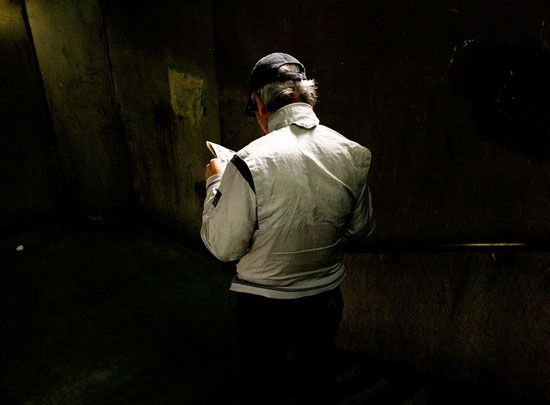Advertisement
Daisuke Yoshida sleeps in his car. Masao Hishida sleeps in the park. Both men are victims of the COVID-19 pandemic, despite not being sick. Spa! Weekly magazine portrays them and others as adding to the group of the "COVID-19 homeless".

Yoshida, 38, and his wife own a tourist hotel in the Tokai region. Yoshida's income this spring is 80 percent less than last year's. They had only one family stay at their hotel in May. It's easy to guess where this story is going.
As the couple was on the brink of bankruptcy, their fairly harmonious relationship had turned sour. The building tension soon turned every little disagreement into a full-blown argument. Despite Yoshida’s best efforts to sort out most of his financial problems, it still left him with a lump sum of debt which he was not able to repay. His wife moved back to her mother's house with their five-year-old daughter. Whereas Yoshida moved into his car.
The occasional odd job would allow him to still earn enough money for food. After work, he would look for an empty parking lot, park his car, and sleep in it. “We can only assume he feels bitter about his predicament”, Spa! says. Despite how large this fluctuating population figure seems to not be included in the national census statistics, he's certainly far from alone.
Hishida, 53, was a college student 30 years ago. Unable to pay tuition, he had to drop out of college, and was caught in the "employment freeze" of the 1990 recession in Japan. What followed was a series of part-time jobs. Then, for the first time in his life, he managed to get a full-time job. He could live in a dormitory. He had seemed to finally find his footing.
Advertisement
But unfortunately for Hishida, things didn't get any better. The company he was working for had proved to be "shady". “Employees had to work overtime, were underpaid and bullied, and one had even committed suicide as a result.” Hishida recounts.

He couldn't take it any longer and eventually resigned. He was in his late 30s when he found a job at a comic book café chain and was quickly promoted to regional manager. "Manager" sounds like a nice title, and some employers are happy to give it to their employee so they can request them to “work beyond the regular hours" -- a euphemism for working overtime without pay. Working overtime had greatly deteriorated his health. Once again, he found himself not only without a job, but without a place to live.
Hishida had to move around the country and constantly changed from one job to another. At Fukushima, he cleaned up radiation waste from nuclear leaks. In Hokkaido, he de-shelled scallops. In Hiroshima, he joined a worker outsource company, going wherever he was assigned. Back in Tokyo, he found work in a factory. He still lives in a dormitory in Tokyo, celebrating his good fortune.
The COVID-19 put an end to his fortune. The factory he was working at had laid him off, telling him that they would contact him when everything was back to normal.
That was five months ago. Hishida had actually once received support grant from an NPO, but as fate would have it, that agreement was terminated in early August, the hottest season of the year, with no specific reason given.
Now Hishida mostly sleeps in the park. He seemed to be aware that his body must stink from not having bathed for a long time, he saw children avoiding him as well. Being considerate, he would move to different parks in order not to affect those kids and their parents. When Spa! interviewed him, he had only 2,000 yen in his pocket.
Mainly living on drinking water, Hishida is still waiting in hopes that the factory will contact him, at the same time he had his doubt, however there being no clear signs that things will turn back to normal in the near future.





